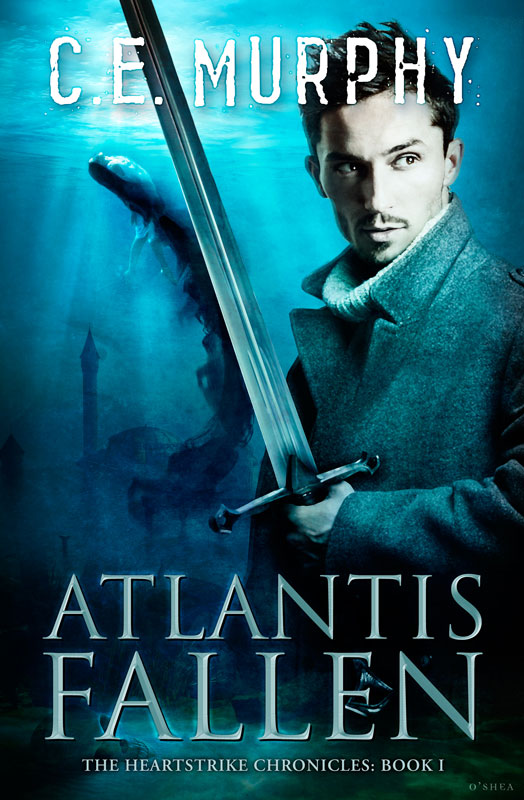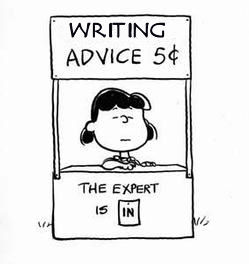I was afforded the unexpected opportunity to go on a writing retreat in mid-May. It was a great success, but I have to start by telling you about the first time I went on this retreat, in 2019, which MIGHT have been the first year this retreat was held. That week, I wrote 41,000 words. Which is a lot. In fact, it’s enough that they said “we’re now going to use ‘murphy’ as our unit of measurement for this retreat forever,” which I thought they were joking about, except it…
Category: Writing Wednesday
Writing Wednesday: Price Points
I’ve released two books back to back so far this year, MAGIC & MANNERS in March, followed by ATLANTIS FALLEN in April. As an experiment, I priced ATLANTIS FALLEN $2 cheaper than M&M, to see if the number of sales at the lower price point made up for or (hopefully) outstripped the profit I make off the higher purchase price of MAGIC & MANNERS. It did. Just barely. It took about 28 of its first 30 days to catch up to MAGIC & MANNERS’ first month, and in the last…
The Magic & Manners Project: Publication Process
Part two of my series on all-out self publishing, a project I’ve taken on with MAGIC & MANNERS, a Jane Austen pastiche in which I wondered what would happen if the Bennet sisters had too much magic rather than too little cash. Part One, which focuses on finding and working with a production team as well as developing a work flow (including a Helpful Check List) is here. This week I’m going to look at the actual publication process. I’ve been working through Amazon and Ingram, who are both doing…
Writing Wednesday: Patreon patronage
A while ago I was muttering about how I wanted somebody I *knew* to have test-run a relatively new distribution opportunity for self-published writers, and one of my friends said, “Er, Catie, you’re the one who does that. You go charging off the cutting edge and we all wait to see how it works out and then follow, having learned from you.” I said “!” because I didn’t know that was a thing I was perceived as doing, but since it apparently is, I’m gonna talk about my experiences with…
Writing Wednesday: Discipline
@kit_flowerstorm on Twitter asks me to discuss how to practice the discipline of writing. This is a question I get a *lot*. I don’t know if all professional writers get it a lot or if I do because I seem to have a particularly impressive output (or if it’s just that, as I actually *noticed* a few weeks ago, I work a lot). There is not a romantic answer to this question. The truth is that when writing is your day job, you sit down and (if necessary) struggle for…



